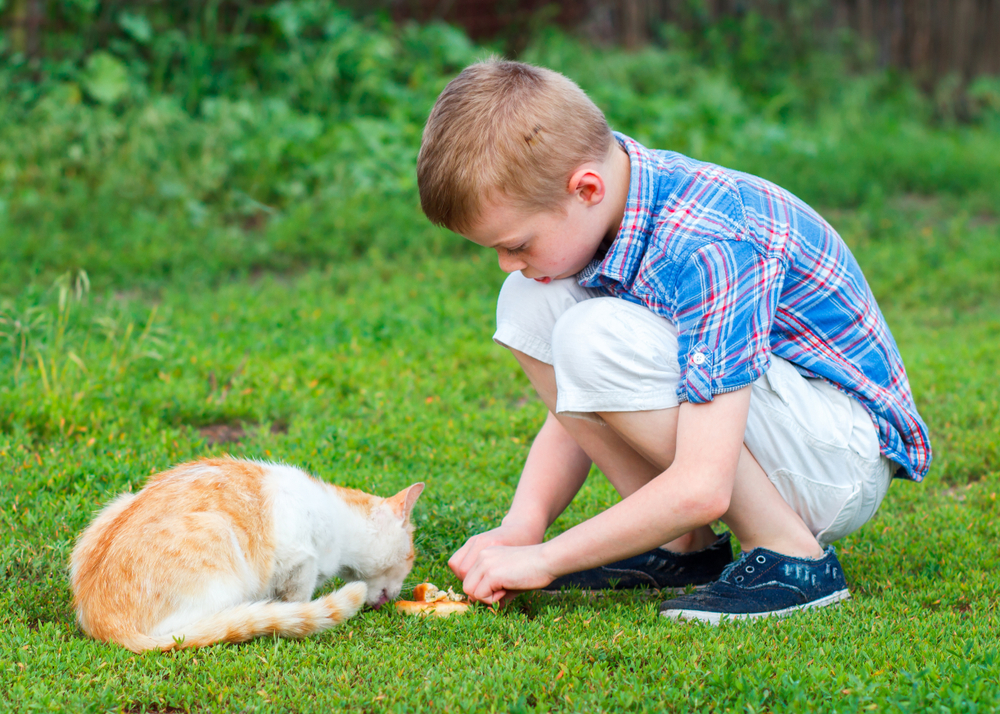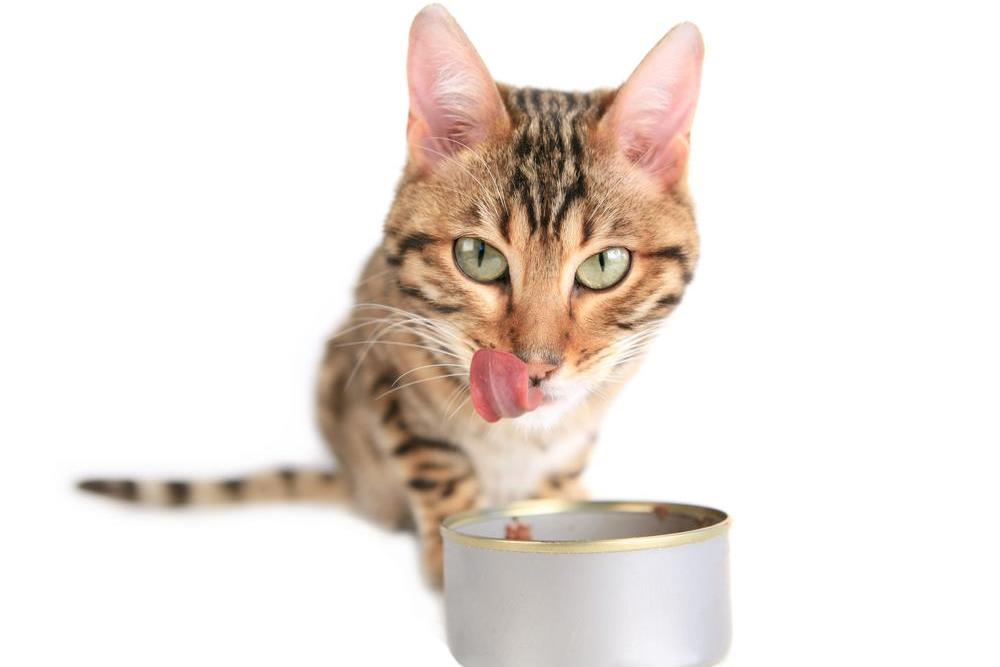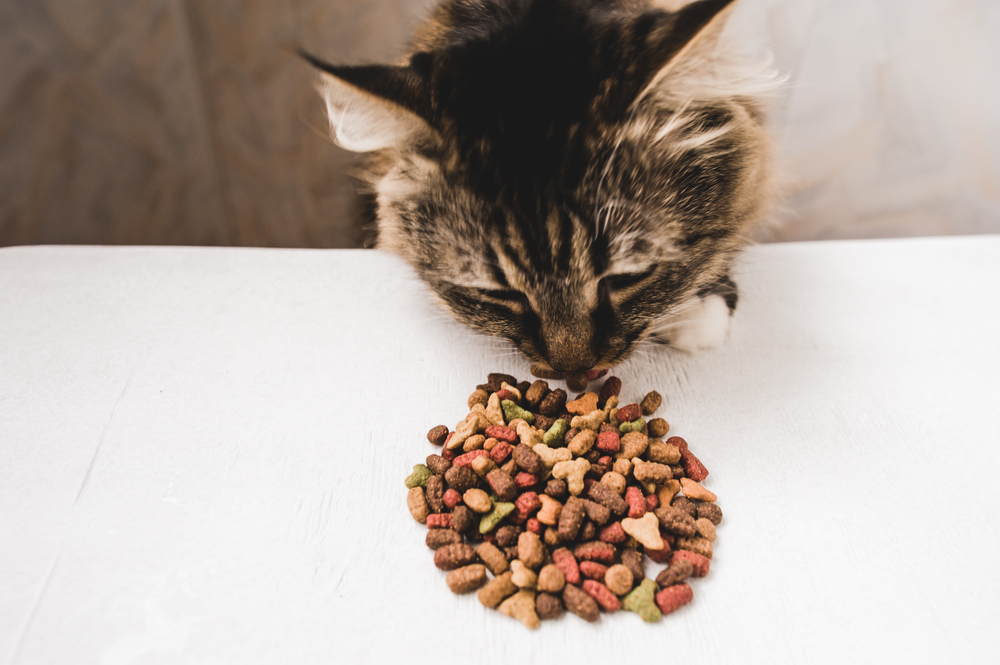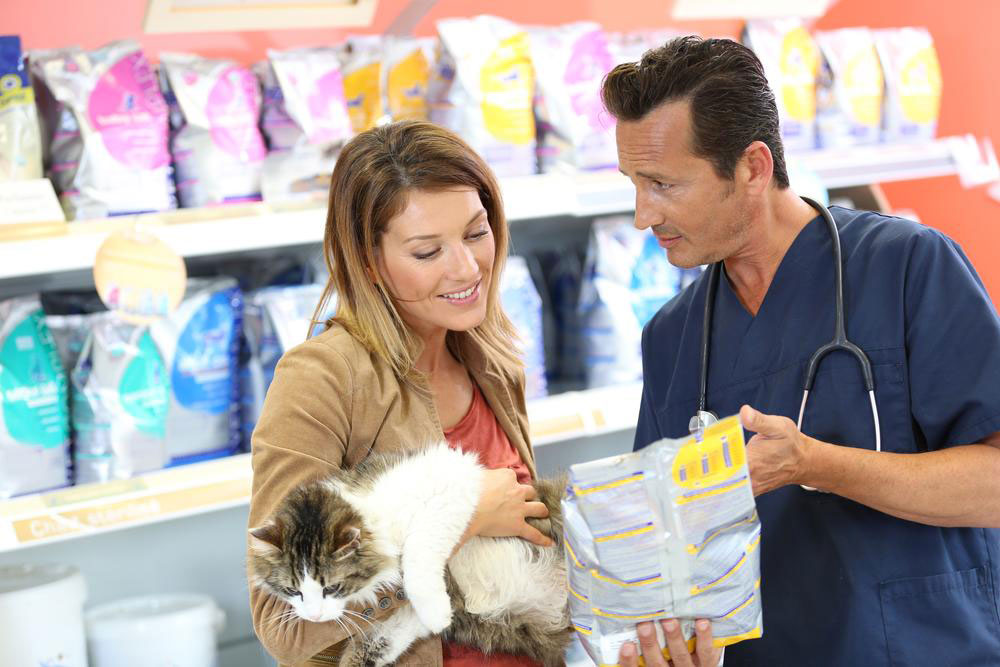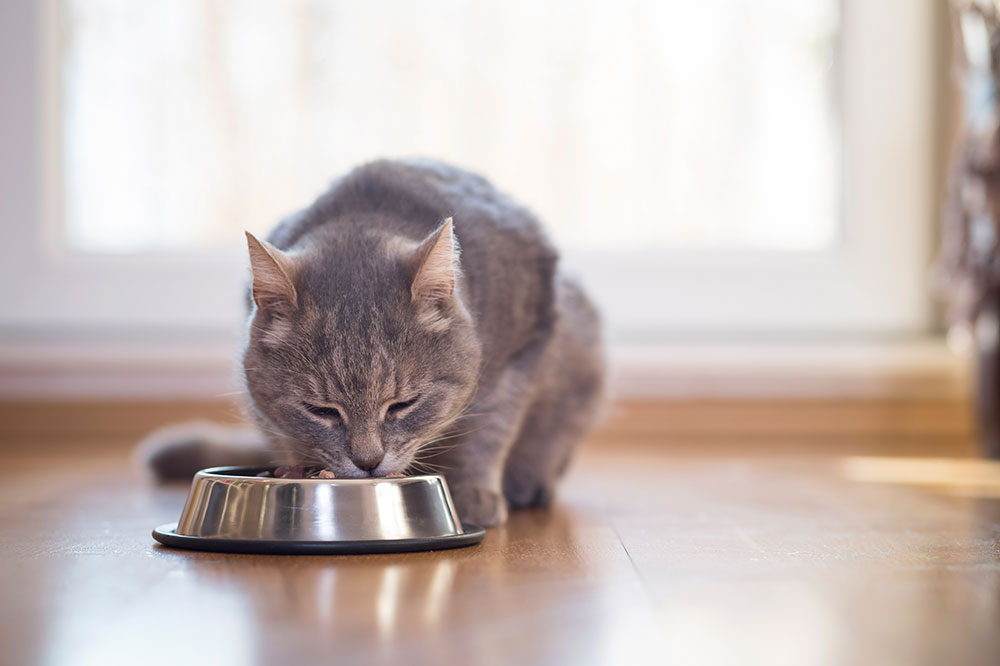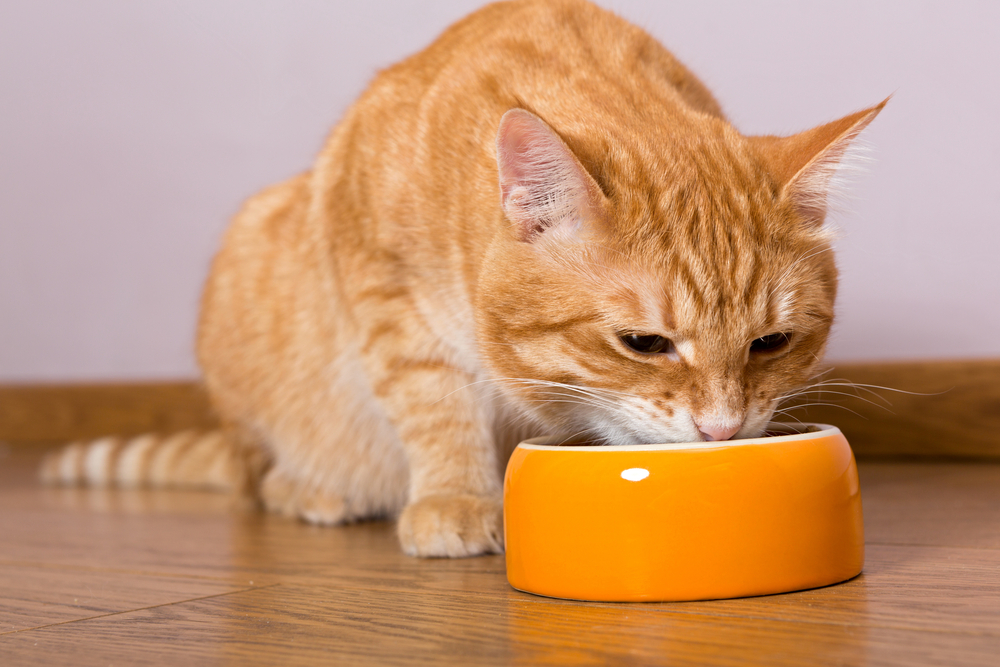Comprehensive Guide to Choosing the Best Cat Food for Your Feline Friend
Discover the ultimate guide for choosing the best cat food, tailored to different life stages and emphasizing ingredient quality, dietary variety, and homemade options. Learn how to select safe, nutritious options to keep your feline healthy and happy for years to come. This comprehensive article provides expert tips to help pet owners make informed dietary decisions that support their cat’s well-being.
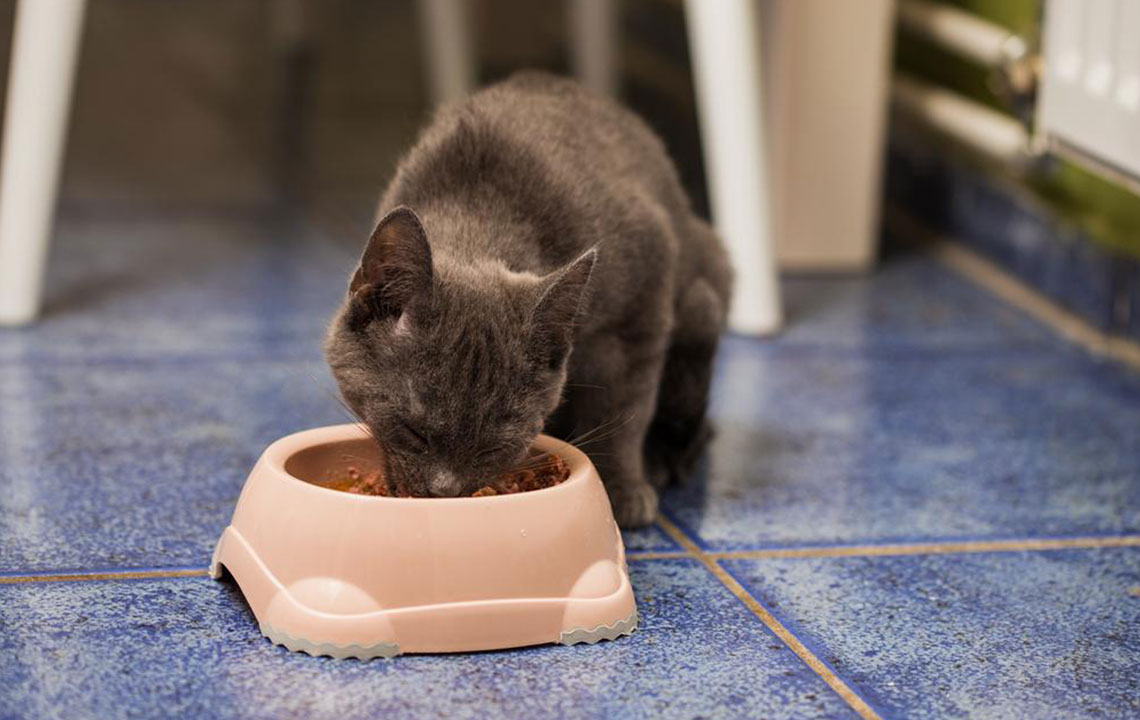
Comprehensive Guide to Choosing the Best Cat Food for Your Feline Friend
Providing your cat with the right nutrition is essential for maintaining their health, vitality, and happiness. Cats have specific dietary needs that vary throughout their life stages, making it vital for pet owners to understand the nuances of quality cat food. Selecting the optimal diet involves understanding age-specific nutritional requirements, ingredient quality, variety, and considerations for homemade options. This exhaustive guide aims to help cat owners make informed choices, ensuring their feline companions receive balanced, safe, and nutritious food tailored to their needs.
Understand Age-Specific Dietary Needs – Cats' nutritional requirements change significantly from kittenhood to senior age. Kittens need diets rich in protein and healthy fats to support robust growth and development. Adult cats, on the other hand, require nutrient-dense foods that maintain energy levels and prevent obesity. Senior cats often have reduced activity levels and health issues, necessitating diet modifications that include easily digestible proteins, lower fat content, and added nutrients to support aging joints and organs.
Prioritize Ingredient Quality and Labels – Carefully examine the ingredient labels on any cat food packaging before purchase. High-quality cat foods highlight real meat or fish as primary ingredients, along with essential vitamins, minerals, enzymes, fatty acids, and amino acids that support overall health. It's crucial to avoid products that list meat byproducts, fillers like cornmeal or soy, and harmful chemical preservatives such as BHT, BHA, ethoxyquin, or propyl gallate, which can negatively impact your cat’s health over time.
Introduce Variety into Your Cat’s Diet – Feeding your cat a diverse range of foods not only excites their palate but also promotes comprehensive nutrition. Combining dry and wet foods and rotating among different flavors and brands ensures your feline receives a broad spectrum of nutrients. Variety also helps prevent food allergies and reduces the chance of dietary boredom, encouraging better eating habits.
Can Homemade Meals Be Beneficial for Cats?
While homemade cat meals can be appealing, they often lack the balanced nutrition required for optimal health. If you are considering preparing homemade food for your cat, consult a veterinary nutritionist to ensure the diet includes all essential nutrients. Be aware of and avoid toxic ingredients such as onions, garlic, chives, milk, grapes, raisins, coffee, tea, sodas, raw eggs, chocolate, and yeast dough, all of which can cause severe health issues or be fatal to cats.
Throughout this guide, we aim to equip cat owners with essential knowledge to make educated decisions about their feline companions' diet. Proper nutrition not only enhances their lifespan but also improves their quality of life by reducing health problems and fostering vitality. Remember, a well-fed cat is a happy cat, and choosing the right food is one of the most rewarding responsibilities of a caring pet owner.
